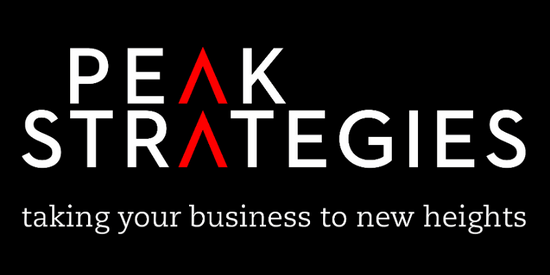What to do if you have to get a valuation done. A pharmacy owner at some stage in their life will be required to get a valuation undertaken of your business. Typically this will be needed for the bank, either as part of the lending requirements every three years or for refinancing. Also for when you need to buy/sell or for partner equity swaps. Whatever the reason it is a very important process and it is vital you know what to do to achieve the best result.
As Peak Strategies are bank panel pharmacy valuers, I thought I would give you some tips from my own experience.
Here are some issues that you should consider when the time comes.
Spend some time talking to us about your pharmacy. No one knows your business as well as yourself. We love the opportunity to sit with you and talk about your business to discover what makes it tick. We need to understand your business in fine detail. This enables us to determine a risk profile. The higher the risk profile of the business the lower the valuation.
It is vital you have a very good accurate financial reporting system. We are experts at this, and we know what it takes to have a good bookkeeping and financial system. The worse the business financial systems are, the worse the result. Why? Because it gives us doubt as to the accuracy and validity of the financial data we are given. Those doubts can have a negative outcome for you. It increases the risk profile of your business.
Make sure you tell us what makes your pharmacy unique. Each pharmacy is different. They all have different factors which influences performance. Tell us about the demographics of the area. The changes happening in your area. Talk to us about your customer base. Tell us about the services you offer. Tell us about the changes you are making that will have an impact on the business going forward.
Go through the figures with us so we can identify the adjustments that are needed that are not immediately obvious. Most adjustments are straight forward for us to identify e.g. depreciation, interest, borrowing costs, amortisation etc . Others not so much. There may be some tax adjustments made by your accountant that we need to know about. Typically this would be personal motor vehicle expenses, your own mobile telephones, home office expenses, superannuation contributions etc. But also be realistic about this.
Make sure you tell us about wages paid to, lets say, “Non-working” family members. Quite often wages are paid to spouses, sometimes the children, the cat, the dog and the budgie. These wages don’t necessarily reflect the staffing structure of the business and are often done for tax purposes.
The valuation report is a valuable document. There is a lot of good information there. It’s a good idea to spend time afterwards to go through it and discuss with the valuer how you can improve the performance of your business.
Understand that valuations are inherently subjective in nature. An owners’ view is different from a buyers view, and is different from the banks view. Just because the valuation figure we have determined is different from your own assessment doesn’t mean you or I are wrong. It is just that we have a different opinion.
We will always go through our processes and undertake our own assessment of your business, its risk profile and earnings.
Help us understand your business so we can take a proper assessment of all material factors.
In conclusion if you are looking at getting a valuation done, or looking at strategies to improve the value of your business, give me a call. Also if your financial systems are not up to scratch and looking for a better alternative, we are experts in this field. I’d love to sit with you and help you out.

